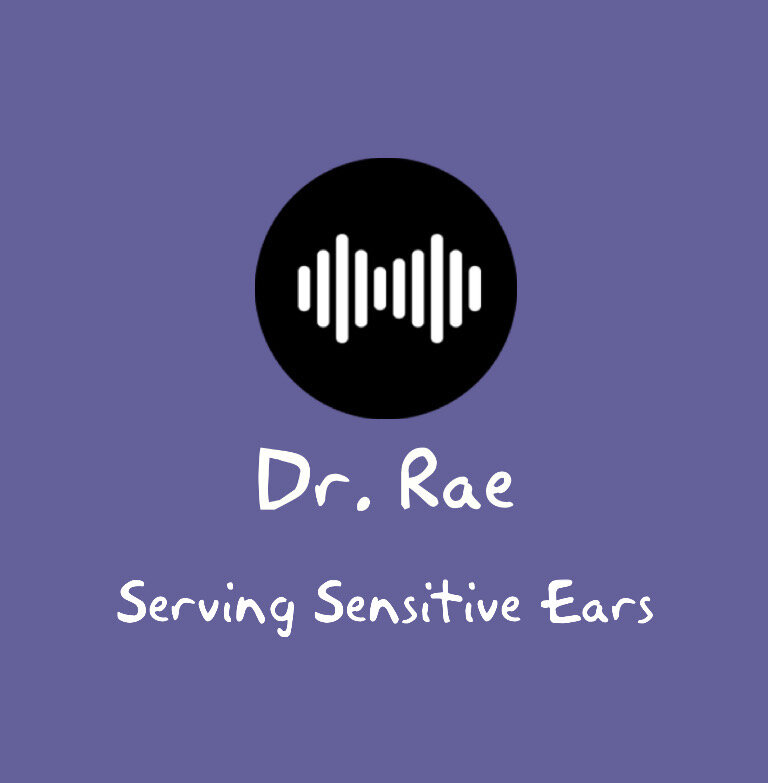Hearing Aid Refusal
Hi everyone,
I want to start with a sincere apology. A post came up for moderation, and I accidentally removed it. My hand slipped. I can’t recover it, but I want to make sure the family and the situation still receive the care and attention they deserve:
It was an anonymous post about an 8½-year-old boy who had been fitted with low-gain programmed hearing aids but is refusing to wear them due to embarrassment. He reportedly knows they help, but continues to avoid using them. Growing his hair out hasn’t helped, and the emotional barrier seems to be the central issue.
I want to raise a question…
When a child says they know something helps, sometimes that’s because they’ve been told it helps, not necessarily because they can feel the difference for themselves. Especially for neurodivergent kids, internal motivation and lived experience often matter more than adult logic or reassurance.
I’ve worked with other children in similar positions. One girl I’m currently working with has autism, misophonia, and pathological demand avoidance. She told me clearly that the hearing aids helped, but she still could not bring herself to wear them. Just the expectation felt like pressure, and she shut down. With her, I reframed the hearing aids as a form of invisible control. We talked about how they allow her to choose what she listens to without anyone else even knowing. I gave her the choice of whether or not she wanted to attend future programming sessions. I told her I could make adjustments based on her feedback, even if she preferred not to be in the room.
Her mother could attend in her place and pass along what her daughter was experiencing. This gave her space to stay curious without feeling like she was being worked on. I also let her know that we could set up a month-to-month option if she wanted, so she would not have to make a permanent commitment to using the aids. That flexibility helped reduce the demand and gave her more freedom to explore without pressure.
I don’t know if this boy is experiencing something similar, whether it’s demand avoidance, anxiety, oppositional resistance, or simply embarrassment. But I do know that the solution needs to reflect the cause. If he’s aware of the benefits but still resisting, the problem likely isn’t just hearing, it’s emotional safety, autonomy, and perception.
In this kind of case, I think it’s worth asking a few key questions:
Has the programming been reviewed recently?
If it’s been a while, he may not be hearing as clearly as he could, and a brief adjustment might help. It’s also possible he’s had a growth spurt and the domes or earmolds no longer fit as well, leading to more sound leakage or reduced clarity. These devices need to be reviewed every six months to a year at minimum, and not just reviewed but recalibrated to ensure they are still meeting the child’s listening needs.
Can the benefit be demonstrated?
A simple speech-in-noise task with and without hearing aids could help him realize what he’s missing, gently and without shame.
Does he feel in control of when and how he uses them?
Some children need the option to use them only in certain settings, or to choose between different programs.
Does he know how to control them?
Does he understand how to adjust the volume, use the button, or access programs like pink noise if he needs a break from the environment? Does he feel like the devices belong to him, or does he see them as something imposed by adults?
Are we framing the aids as tools or technology, not medical devices?
For many kids, especially boys who can’t hide the aids under long hair, reframing them as tech, like AirPods or gaming gear, can reduce stigma.
Would social scripting or peer modeling help?
Would it be helpful for him to connect with another child who uses hearing aids, even through a short video or meet-up? And if he is open to it, could a speech therapist or teacher help him develop a short, confident script he could use if someone asks about the devices? Sometimes knowing how to explain something makes it feel more manageable.
In my clinic, I often use two identical sets of hearing aids for patients who need more flexibility. This allows us to program one set differently and let the child explore changes without being locked in. Having a retreat option helps children feel safe trying something new, especially if they are anxious or have past negative experiences.
When a child resists using a device that is supposed to help, it is rarely about the device itself. It is about how the device fits (or doesn’t fit) into their world. The goal isn’t to convince them to comply. The goal is to listen closely enough to understand what they need in order to feel safe, seen, and in control. Sometimes that means adjusting the programming. Sometimes it means reframing the narrative. Sometimes it simply means waiting, watching, and letting them lead.
If the original poster is still here, please know your question mattered. I hope this message helps reopen the conversation and offers a few pathways forward. Your experience is far from uncommon.
